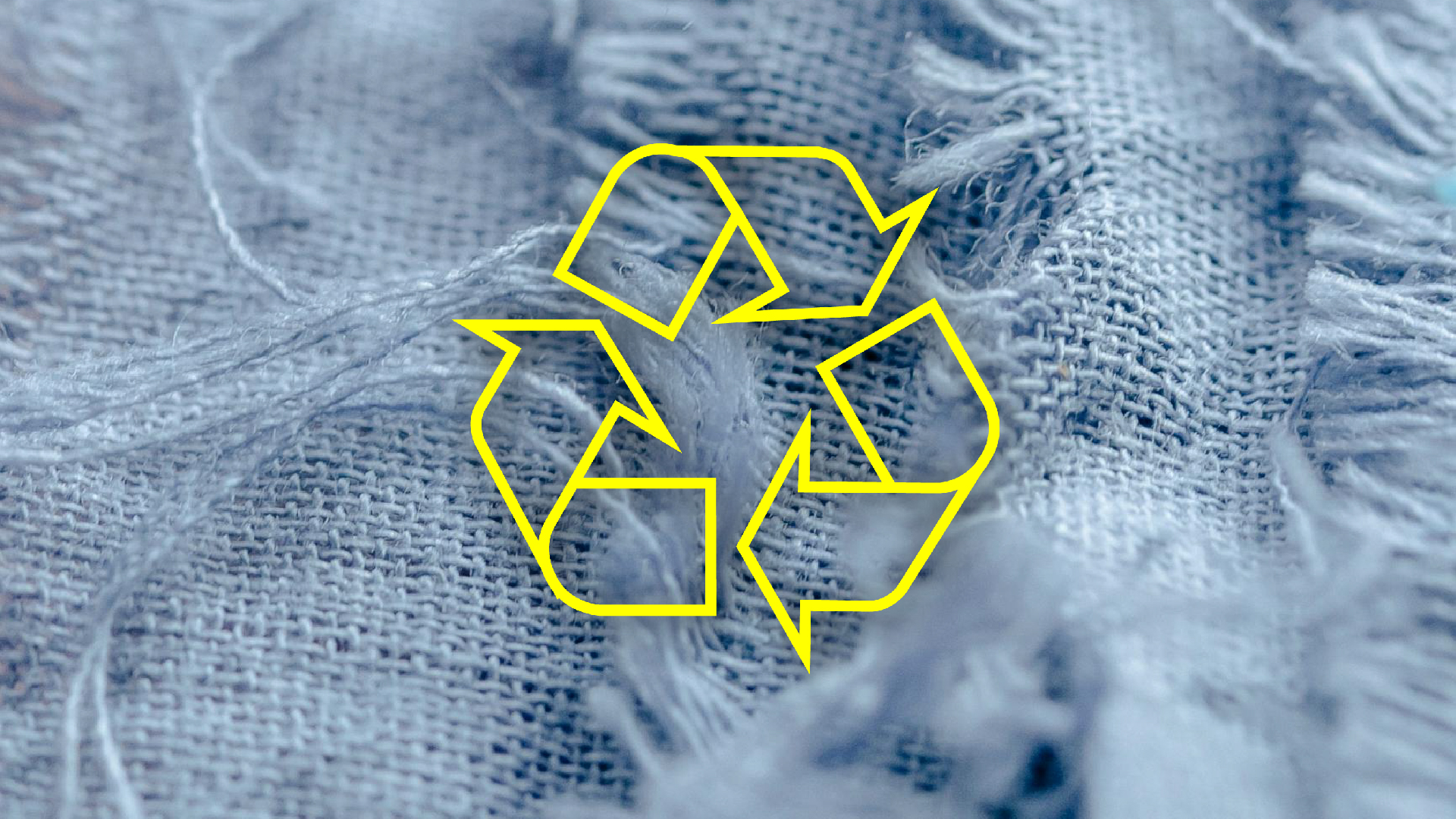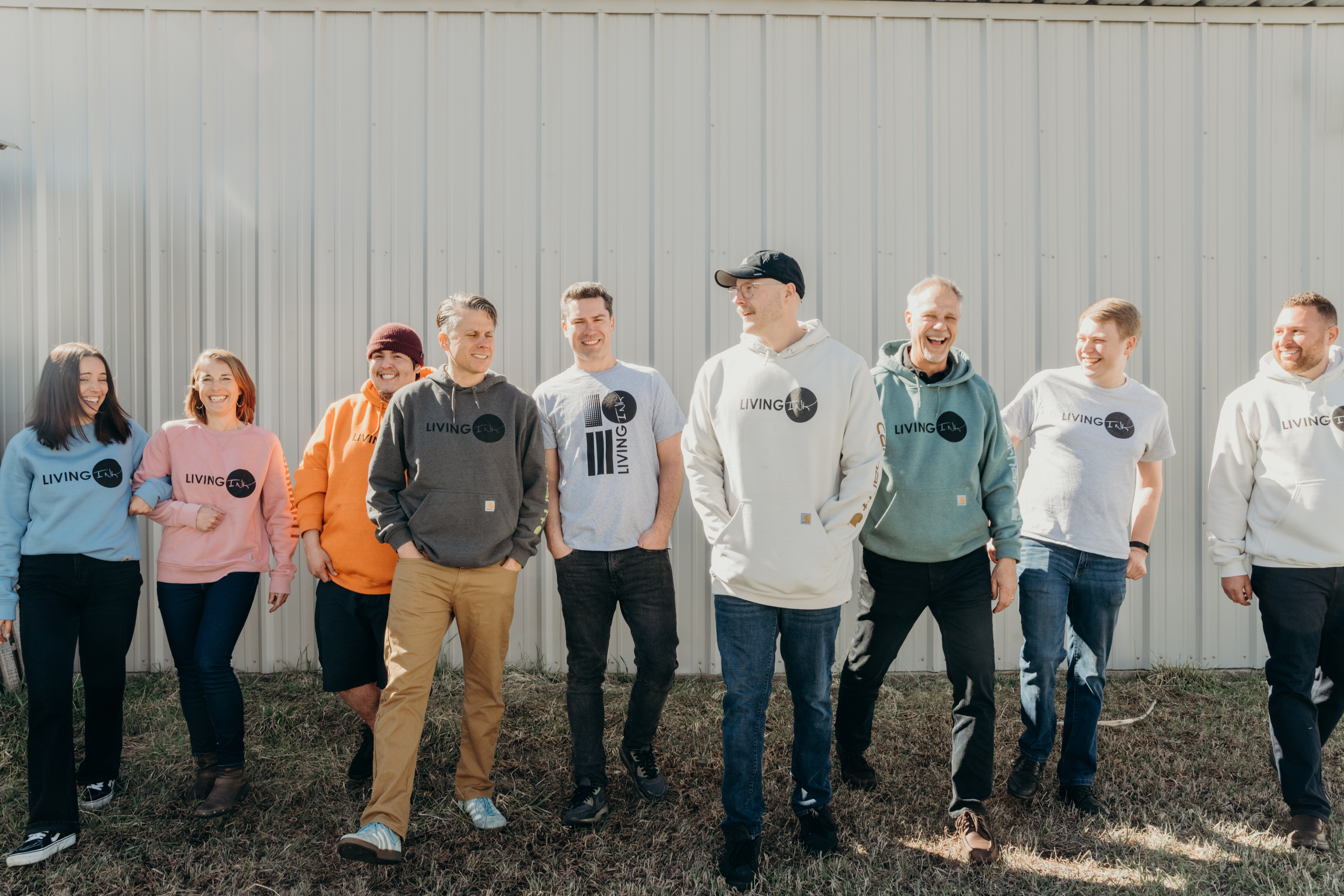The Path To Scaling Reusable Packaging In E-commerce
Reusable packaging shipper
Image Courtesy of Limeloop
22 April 2021
AMSTERDAM – The growth of e-commerce in the fashion industry, already the largest e-commerce market segment, is accelerating, spurred on by the closure of brick-and-mortar stores due to the pandemic. As such, the demand for single-use packaging, and waste generation, is increasing. However, reusable options, which aim to transform packaging from single-use to multi-use assets, are being implemented as a sustainable alternative.
To highlight the positive impact reusable packaging could generate, Fashion for Good, in partnership with Utrecht University and the Sustainable Packaging Coalition, have collaboratively authored a white paper, “The Rise of Reusable Packaging: Understanding the Impact and Mapping a Path to Scale”, presenting an overview of reusable packaging in the fashion industry and providing the industry with key considerations for wide scale adoption.
The findings published in the paper demonstrate the clear impact case for reusable packaging, presenting in some instances, a reduction of more than 80% in CO2 emissions, and 87% less plastic waste, by weight, compared with a single-use alternative. Giving context to the current debate around the environmental impact of reusable packaging and providing a quantified impact assessment of reusable versus single-use e-commerce packaging, it also sheds light on the number of variables that can drastically influence impact including; transportation distances, return rates and the types of packaging used.
“Reusable packaging is a key lever in closing the loop on plastics in the fashion industry. We hope the findings in this paper serve to convince the industry that circularity is achievable today and use this as a toolkit to map their path to scaling sustainable solutions” – Katrin Ley, Fashion for Good
Single-use packaging requires the extraction of virgin raw materials for their creation and generates vast quantities of waste; an estimated 15 million tonnes in Europe in 2018. Instead of being discarded after reaching the consumer, reusable packaging is returned and recirculated over many trips. In doing so, they overcome some of the issues of single-use packaging and have the potential to ease the environmental impacts of packaging in e-commerce.
With contributions from Fashion for Good Brand Partners OTTO and Zalando, as well as reusable packaging innovators Limeloop, RePack and Returnity, the paper also highlights case studies and key considerations for scaling reusable packaging. Brands, retailers, innovators and other stakeholders across the value chain can use the findings from this analysis to make informed decisions – ensuring they implement and scale reusable packaging in an environmentally responsible manner.
“The Rise of Reusable Packaging: Understanding the Impact and Mapping a Path to Scale” paper can be read on the Fashion for Good website.
ADDRESSING THE PLASTIC PROBLEM
The paper was initiated by Fashion for Good as part of their broader initiative addressing the challenges of plastics packaging in the fashion industry.
Kicking off with the Circular Polybag Pilot in 2019, the recently-concluded pilot proved an overwhelming success; demonstrating a ‘bag-to-bag’ concept integrating 100% recycled content into the production of a new polybag and bringing the industry closer to a truly circular solution. More information, including participating brands and the next steps to scaling the solution, can be read here.
With the combined research from the Circular Polybag Pilot, together with the previously published Polybags in the Fashion industry which provides context to the issue, and the “Rise of Reusable Packaging” white paper, Fashion for Good hopes the fashion industry can use this knowledge and build on these learnings to address the growing issue of plastic waste.
You can download the press release here
Other Articles

In conversation with Smartex: Explore Smartex’s AI-driven solutions transforming quality control and reducing waste

Fashion for Good and Textile Exchange Team Up to Trace Textile Waste

